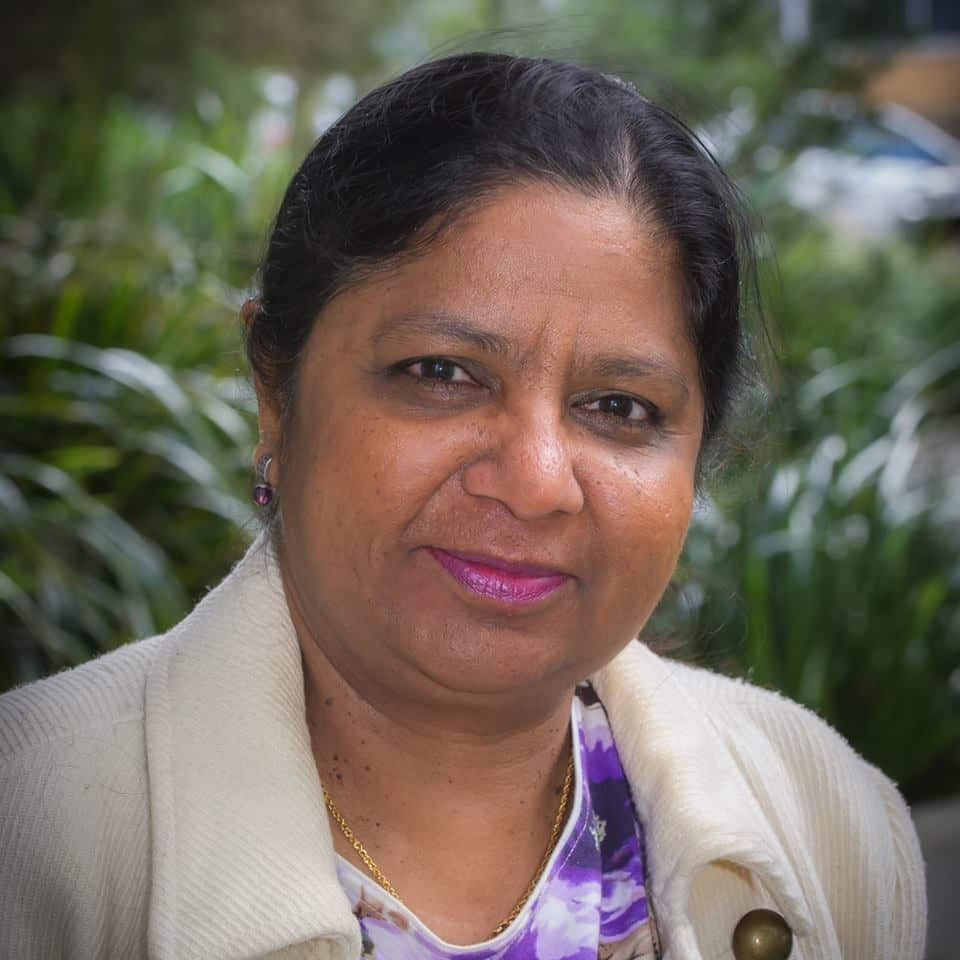A new research shows that Australians from multicultural or diverse cultural backgrounds are more likely to rely on social media and other web-based sources, rather than traditional media, for their news and information.
Dr Usha M. Rodrigues, Senior Lecturer in Journalism at Deakin University, says “Our research shows that Australians born overseas have a keen interest in local, national and international news, similar to those born in Australia.”

“However, they turn to non-traditional media more often to consume news of interest. Our study sheds light on the differences between the news consumption habits of Australians born in Australia, and those born overseas but living in Australia,” she adds.
In this study, Dr Usha M. Rodrigues distributed an online survey to 216 Australians.
She says that 68.5% identified themselves as born in Australia.
In the second phase of this research she distributed the same survey to 221 Australians from diverse cultural backgrounds.
“This time 73% participants noted that they were born overseas,” Dr Usha M. Rodrigues adds.
She points out that the age distribution of participants in both surveys was similar.
Dr Usha M. Rodrigues says “Our study shows that Australians born overseas were more active online when consuming news than those born here, and as a result had further “enhanced distributed” sources of news than respondents in the first survey, who were predominantly born in Australia.”
In this research, respondents in the second survey relied less on television - 29% versus 42% - as their “main source of news”.
Further, higher numbers of Australians born overseas considered social media networking sites (18% versus 12%) and radio (16% versus 8%) as their “main sources of news.”
“This research and findings are significant considering that in the latest census more than one in four of Australians was born overseas,” says Dr Usha M. Rodrigues.
Today, a typical migrant in Victoria was born in India and in New South Wales he/she was born in China.
Dr Usha M. Rodrigues points out that this demographic shift “raises questions about the kinds of news stories covered by the mainstream media in Australia.”
On the question of the relevance of this study, she says that “it has implications for traditional Australian news media (print, radio and television) in the digital era, where the industry’s outlook remains one of “struggle and constraint” from declining revenue and competition from global online media and subscription video-on-demand services.”
But isn’t this heavy reliance on news via social media sources an disquieting issue?
Dr Usha M. Rodrigues agrees and says “The reliance on social media is alarming because news and information distributed via social networking sites may not be filtered by experienced and skilled journalists, potentially leading to the sharing and consumption of unverified information.”
So, what is the solution?
“We argue that by catering to the needs of the increasingly multicultural audiences in Australia and providing more depth to their coverage of transnational news, events and issues, the mainstream media may be able to increase their relevance as a source of news to a broader range of Australians,” Dr Usha M. Rodrigues adds.
To know more about Dr Usha M. Rodrigues’ research, listen to her conversation with Amit Sarwal.
